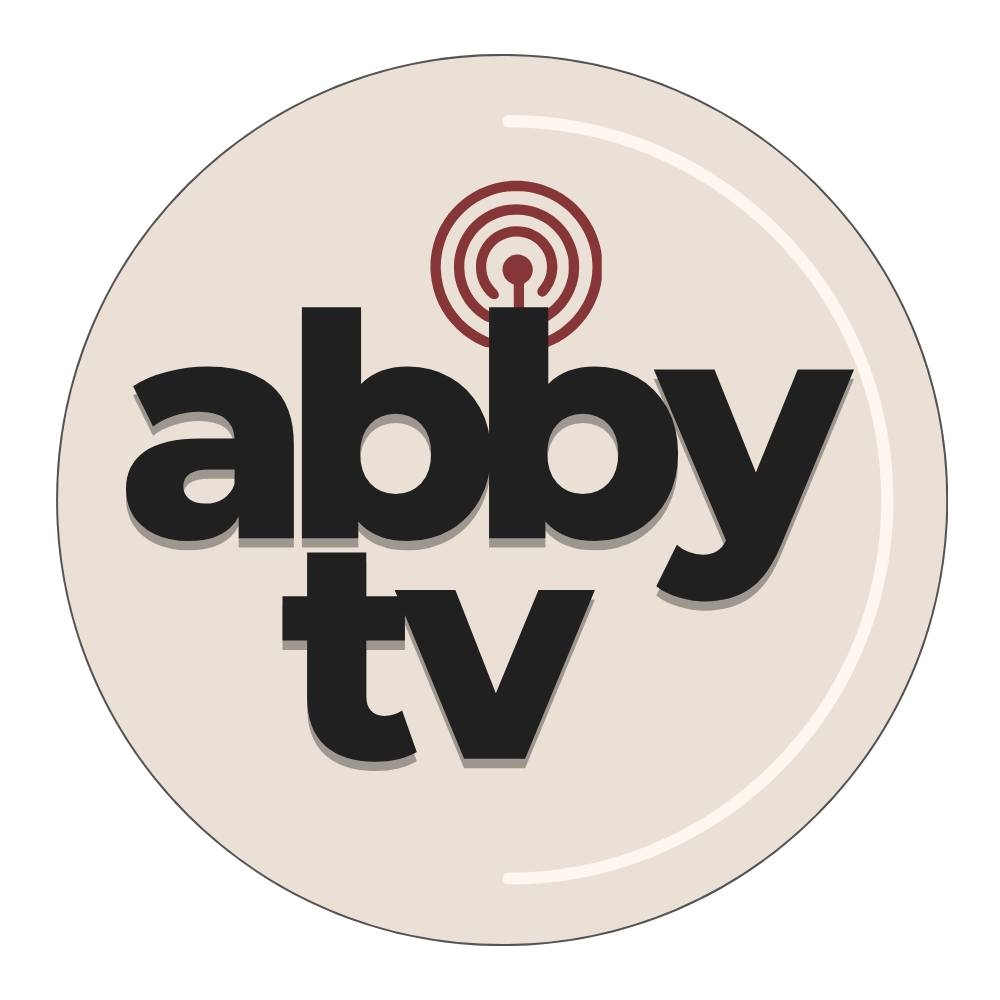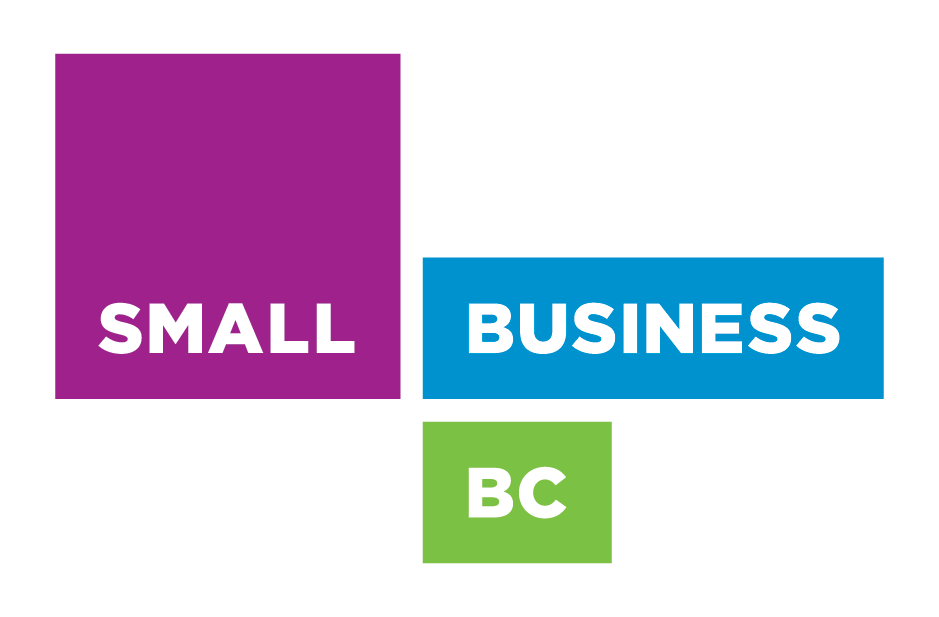Toronto (with files from Marcel Boyer Ph.D., O.C., FRSC, C.D. Howe Institute) – In an open letter to Canada’s Copyright Regulators,Dated May 13, 2019
Re: How to Fix Copyright in the Digital Age
Creators want to benefit from the value their copyrighted music and books generate for users, so that their risky upfront investment and effort are fairly compensated.
At the same time, users want to minimize copyright payments in order to channel such savings towards other means to reach their goals, objectives, or missions.
Copyrighted music and books are information goods or assets. Once produced, they continue to exist indefinitely for the use and enjoyment of all, now or in the future. Consumption of a work does not destroy it or prevent its consumption by others, unlike goods such as tomatoes and cars.
Digital technologies reduce the costs of reproducing and disseminating music and books to near zero, challenging the delicate past balance of rights between creators and users.
The main challenge we face today: how to achieve maximal dissemination while properly or fairly compensating creators? To meet this challenge, we need to ascertain the competitive market value of copyrighted works, a difficult but feasible task, which requires advanced economic theoretical tools and understanding.
Four key changes are needed:
1. Move away from the dominant traditional estimates and rules of thumb to data driven measures of the competitive market value of copyrighted works based on the behaviour and choices of users. Improper pricing is a significant impediment to a more efficient and vibrant economy. I outlined an approach in my recent C.D. Howe Institute Commentary. It turns out that rights holders are significantly shortchanged by the current Copyright Act provisions, including the many exceptions it provides. The under-compensation of creators totals several hundred million dollars per year.
2. In 1997 the Copyright Act was amended to allow the private copying of music, which was previously deemed illegal. Rights holders were granted, in exchange, a levy on blank audio recording media, mainly CDs, to be determined by the Copyright Board on the basis of empirical studies on how many blank CDs were used to copy music. Technological developments have since changed the preferred audio recording media from blank CDs to microSD cards, which are present in devices such as personal computers, smartphones, and iPods. In 2012, the federal government issued a regulation aimed at totally excluding microSD cards from the definition of “audio recording medium” and therefore prevented the Copyright Board from setting a levy on such cards to compensate rights holders for the private copying of music on those recording media and devices. Ottawa’s argument: “Such a levy would increase the costs to manufacturers and importers of these cards, resulting in these costs indirectly being passed on to retailers and consumers … thereby negatively impacting e-commerce businesses and Canada’s participation in the digital economy.” There is of course no ground for such a statement. “Levies” such as taxes (GST and others) as well as other fees such as the compensation of production workers and lawyers in the business of microSD cards could be considered “to increase costs to manufacturers and importers , … thereby negatively impacting e-commerce businesses and Canada’s participation in the digital economy.” Such a claim would be ridiculous. In so doing, the government walked back from its promise that rights holders would be fairly compensated for the private copying of their music.
Another glaring example is the large number of copyright exceptions, for example, the education exception under fair dealing: education institutions do not have to pay royalties for their use of copyrighted works, albeit under some lax conditions. Such policies may be appropriate, but who besides creators should pay for them?
3. Bring all major groups of beneficiaries to the table and make them jointly responsible to ensure and share the proper (fair, equitable, competitive) compensation of creators, and allowing the Copyright Board to impose proper tariffs on an expanded list of direct and indirect value chain beneficiaries.
4. Require the Copyright Board to reconfigure its hearing system and invite all stakeholder parties to participate. The current sequential process has royalties set in different hearings, making it difficult to implement significant adjustments and reforms and thereby favoring the status quo. The regrouping of related hearings would not only favour the necessary reassessments of the level playing field imposed by technological changes, but also avoid losing sight of the forest for the trees, a major drawback of the current sequential hearing system. Although such joint hearings would increase complexity somewhat, it could also make it more compelling to develop and implement direct inferences of competitive market value of copyrighted works based on the behaviour and choices of users, the first key change above.
Marcel Boyer Ph.D., O.C., FRSC, is a C.D. Howe Institute Research Fellow, and Professor Emeritus of Industrial Economics, Université de Montréal
To send a comment or leave feedback, email blog@cdhowe.org.
The views expressed here are those of the author. The C.D. Howe Institute does not take corporate positions on policy matters.













